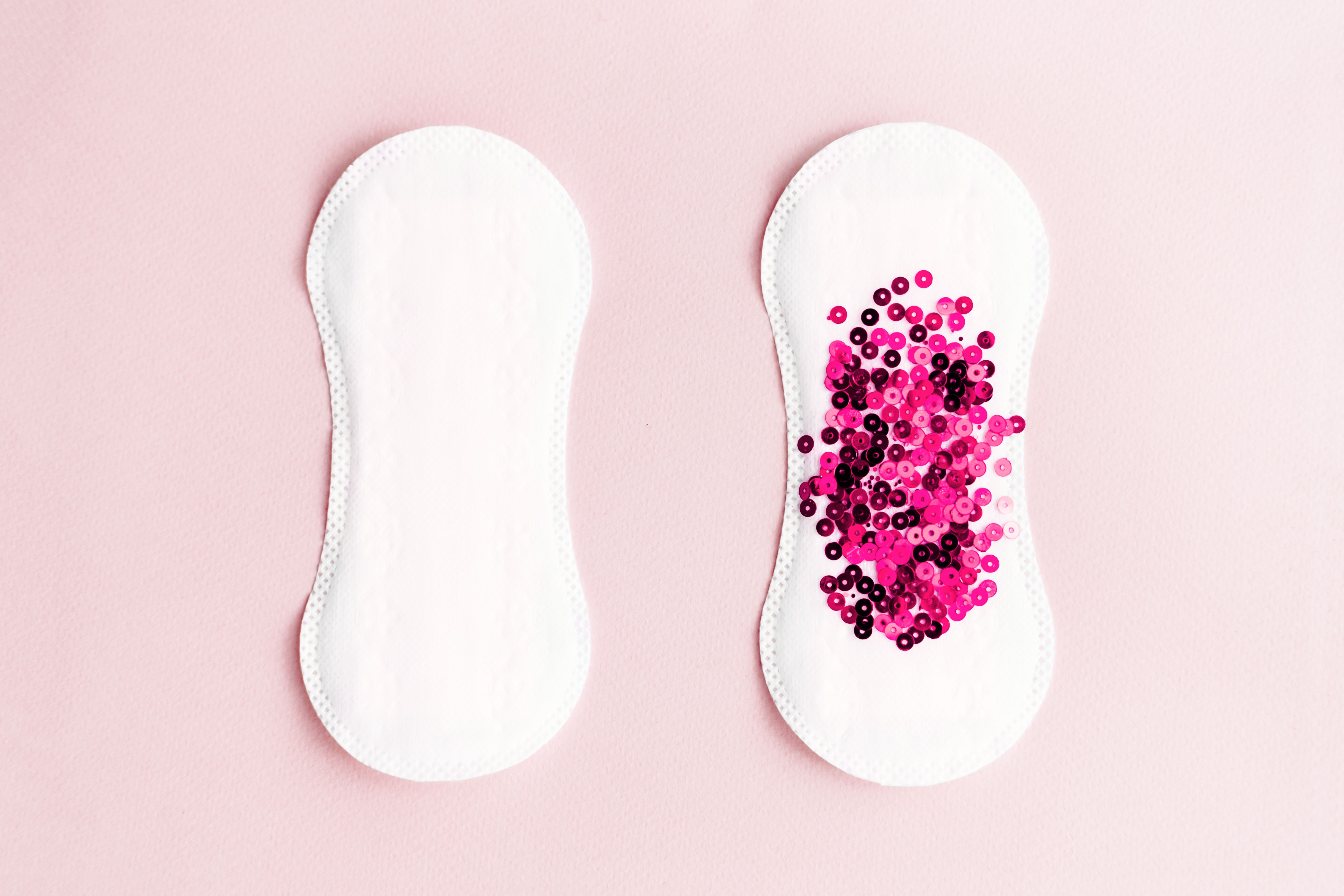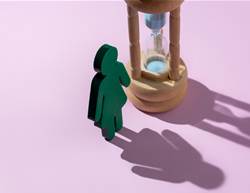You may or may not have given it much thought yet, but menopause – the official end of your reproductive years – is something that will happen sooner or later.
“It’s unlike almost any other condition for women's health,” says obstetrician and gynaecologist Dr Mache Seibel. “Not everyone gets pregnant. Not everyone has cancer. Not everyone has infertility. But everyone has menopause if you live long enough.”
There’s a lot of information out there about this monumental time in your life. There’s a lot of misinformation out there, too. That’s why we touched base with five doctors who specialise in menopause for the words of wisdom they share with friends. Here’s what specialists want you to know about the women’s health transition, and how to feel your best throughout.
1. You’re likely referring to it incorrectly
“What people think of as ‘menopause’ is actually ‘perimenopause,’” says obstetrician and gynaecologist Dr Kelly Culwell. Perimenopause symptoms can occur for 10 or more years leading up to menopause, but Dr Culwell says, the actual "menopause" is technically defined as the time when a woman has not had periods for a year.
While age can vary greatly for when both perimenopause and menopause occur, the average age for menopause in Australia is 51.
2. Symptoms aren’t one-size-fits-all
The changes each person experiences will vary, but the first sign of perimenopause is often a change to your menstrual cycle. Periods can become lighter and more infrequent or heavier and more frequent, or both intermittently (yay!), says Dr Culwell.
Waking up at night, hot flashes, and vaginal dryness can also all be perimenopausal symptoms, says gynaecologist Dr Mary Jane Minkin. But more unusual symptoms like body achiness can crop up, too, she says.
3. You should seek out a specialist
Your body experiences so many changes during this time, so it’s a good idea to see a health professional with expertise in the field. Getting a recommendation from a friend or family member is always an option, or consulting your local GP.
And make sure you feel comfortable talking to the doctor you pick. If there’s one broad-stroke message that obstetrician and gynaecologist Dr Rebecca Brightman wants people to know, it’s that you don’t have to suffer alone. “You need somebody you can discuss these things with,” she says.
Read how to have a productive discussion about menopause with your doctor.
4. There are many helpful treatment options

Just as there are plenty of symptoms that fall under the perimenopause umbrella, there are also plenty of medications and treatments to alleviate them. But first, your doctor may want to rule out other causes beyond perimenopause. “While any new symptoms you may be experiencing are likely perfectly normal, you may need to have additional tests to make sure nothing else is going on,” says Dr Culwell.
Don't be scared to start low-dose menopausal hormonal therapy, for example, if you’re suffering from symptoms such as hot flashes, night sweats, or vaginal dryness, she suggests. “As long as you don't have any health problems that keep you from being able to safely use these medications, they can provide a lot of relief during this transition,” says Dr Culwell.
5. Vaginal dryness is to be expected
In fact, more than half of menopausal women worry about vaginal dryness. Dr Minkin notes that it can also pop up years later. “If you have been fine, haven't had a period in years, and then start experiencing vaginal dryness, it can be a post-menopausal symptom,” she says.
Fortunately, the condition responds to vaginal oestrogen therapy, she says. “I also recommend that folks who want to avoid hormones try an over-the-counter vaginal moisturiser that can replenish dry vaginal cells and increase moisture and comfort,” says Dr Minkin.
6. Menopause can be a time of new beginnings

There’s a lot of negativity out there about menopause – symptoms, side effects, suffering. But it’s a good opportunity to give your body a healthy reset, with a renewed focus on diet, physical activity, and sleep, says Odile Bagot, an obstetrician and gynaecologist, and author of Menopause: No Need to Panic.
“Menopause is a new and wonderful time of life,” she says. “You can give free rein to your creativity, because yes, it is a fruitful period from an intellectual, artistic, spiritual, or social point of view.”
She provides this advice to her friends to help them understand, “Being menopausal is not to suddenly become old; on the contrary, it is to become aware of all that life has given us and to continue to lead a fruitful life.”




.jpg&h=90&w=90&c=1&s=1)


.png&h=193&w=250&c=1&s=1)


.png&h=193&w=250&c=1&s=1)
